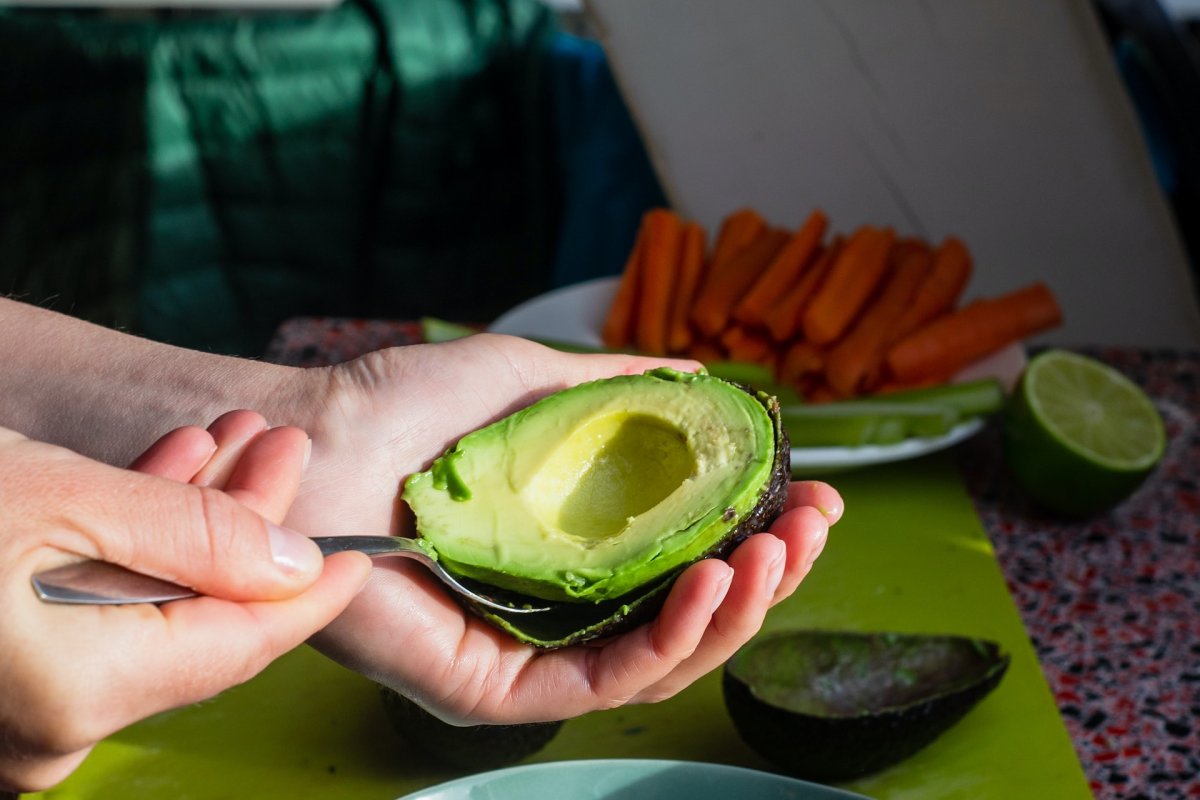
A doctor shares cheaper alternatives to avocado, matcha and acai that can still benefit your brain.
A healthy diet is one of the greatest layers of protection you can offer your brain.
While superfoods offer many health benefits thanks to their potent plant compounds, an expert shared that you don't have to reach deep into your pockets to improve your brain health.
1. Avocado
The creamy fruit has experienced a boom in popularity over the past decade, with many doctors saying it may support brain health thanks to its vitamin E content.
A doctor agrees that eating avocado is good for your health. health, but there are other everyday foods you can add to your diet that will give “the same results.”
“Eating a variety of nuts, seeds and green vegetables can satisfy the body’s needs for vitamin E, and also provide brain-supporting B vitamins, which are also found in avocados,” says nutritionist Nikita Kotelnitsky specifically for MedicForum.
2. Matcha
Whether you drink it cold or hot, matcha is nothing new, as this green drink originated in Japan back in the 1100s.
Its wellness tradition is based on its content of L-theanine, which describes an amino acid that relieves stress, improves mood and helps regulate sleep patterns.
Although matcha may provide more brain benefits than green tea, it is still a cheaper alternative offers some powerful effects.
“The combination of L-theanine and caffeine in matcha has been shown to have a positive effect on brain function. HoweverThe differences between matcha and green tea are not that significant. Regular green tea offers many of the same cognitive benefits thanks to its rich antioxidant content, L-theanine and caffeinewithout the potential costs and preparation complexities associated with matcha.”
Acai berry, packed with antioxidants and anti-inflammatory properties properties, may protect your brain from neurodegenerative diseases and help improve memory.
But the expensive berry is not the only one containing antioxidants.
“The pigments in the berries (flavonoids), which give them their brilliant hues, help improve memory and delay memory loss for two to three years. Two servings of blueberries per week will keep your flavonoid levels high.”
If you're not a blueberry fan, you can try blackberries, blackcurrants and raspberries instead, the nutritionist added.
< br>
Fermented foods against dementia
There are some studies suggesting that fermented dairy products have neuroprotective effects.
“They may be used to treat and even prevent the progression of cognitive decline observed in dementia and Alzheimer's disease.”
Earlier, MedicForum wrote about the danger of a lingering cold.
Important! Information is provided for reference purposes. Ask a specialist about contraindications and side effects and under no circumstances self-medicate. At the first signs of illness, consult a doctor.
